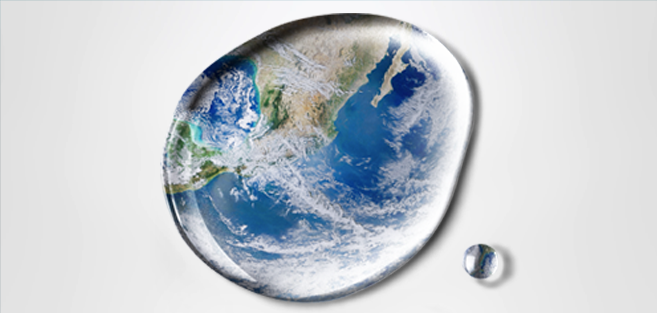The Significance of Climate Change and Microbiology
The significance of climate change on microbes cannot be overlooked as it can have significant impacts on microbial communities and their interactions with the environment. Microbes play crucial roles in various ecological processes, including nutrient cycling, decomposition, and symbiotic relationships. Changes in environmental conditions brought about by climate change can directly and indirectly affect microbial populations, diversity, and activity, with potential consequences for ecosystem function and human health.
How Do Precipitation Patterns and Temperature Change Affect Microbiology?
Precipitation patterns can impact microbial habitats, from moisture levels in soil to bodies of fresh water and marine environments. Microorganisms that have adapted to specific moisture conditions may face challenges in adapting to new regimes, which can disrupt their population dynamics. Climate warming of 1.5–2 °C (relative to the global mean surface temperature in 1850–1900) is predicted to reduce permafrost by 28–532 (compared with levels in 1960–1990), thereby making large carbon reservoirs available for microbial respiration and greenhouse gas emissions. The effect of temperature goes beyond just influencing microbial reaction rates: it also results from plant inputs that stimulate microbial growth.
How Does Climate Change Affect Disease?
Alteration of temperature and precipitation patterns can impact the survival and transmission rates of disease-causing microorganisms. As the globe warms, mosquitos are expected to expand beyond their current habitats, shifting the burden of diseases like malaria, dengue fever, chikungunya, and West Nile virus.3 These changes can have profound implications for human health.
"Microbes are involved in many processes, including the carbon and nitrogen cycles, and are responsible for both using and producing greenhouse gases such as carbon dioxide and methane.1"
How Do We Control and Measure Microbiology Risks?
Lab testing helps to identify the microorganism risks and to test and examine spoiled pathogens. The Fisher Scientific channel can supply you with the products you need for your sample analysis, from sample collection to analysis in the lab, including equipment and instrumentation, lab essentials, chromatography supplies such as columns, solvents, standards, and filtration materials. Examples of our product range are as follows:
- Bottles, Jars and Jugs
- pH Meters
- Solvents and Organic Standards
- Incubators
- Vortex Mixers
- SureTect™ Salmonella PCR Assay
- SureTect™ Listeria PCR Assay
- Nucleic Acid Purification Systems
- Real-Time PCR Systems
References
2. Scientists’ warning to humanity: microorganisms and climate change | Nature Reviews Microbiology

Content provided by:








